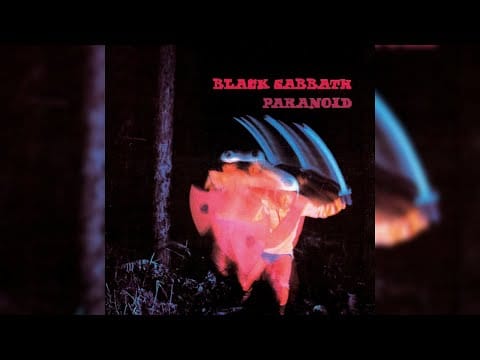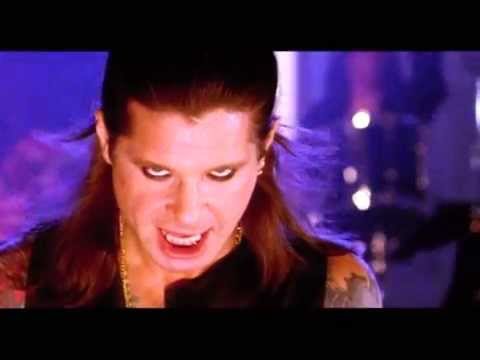‘Relay’ review: Riz Ahmed helps people disappear in smart, paranoid thriller
If history has taught us anything, it’s that no one is truly safe. That gathering dread fueled some great ’70s paranoid thrillers, such as “The Parallax View” and “The Conversation,” but it’s been difficult to replicate that eeriness in today’s extremely online world, when our devices explain and obfuscate with abandon, conspiracies are lifeblood and we feel persecuted one day, invincibly anonymous the next.
The nifty premise of “Relay,” a new white-knuckle ride from “Hell or High Water” director David Mackenzie, is that a certain type of tech-savvy hero can, if not completely ease your anxiety, at least navigate a secret truce with those out to get you. And Riz Ahmed’s solitary off-the-grid fixer, Ash, who hides in plain sight in bustling New York, can do it without ever meeting or talking to you: His preferred mode of traceless communication is the text-telephone service that hard-of-hearing people use in conjunction with message-relaying operators. Like a ready-made covert operation, it keeps identities, numbers and call logs secret.
For the simple fact that “Relay” is not about an assassin (the movies’ most over-romanticized independent contractor), screenwriter Justin Piasecki’s scenario deserves kudos. Rather, Ash’s broker helps potential whistleblowers escape the clutches of dangerously far-reaching entities — unless, of course, they want to settle for cash. It’s a fascinatingly cynical update: Should we make an uneasy peace with our tormentors? (Hello, today’s headlines.)
Before those questions get their due, however, “Relay” sets itself up with clockwork precision as a straightforward big-city nail-biter about staying one step ahead. Seeking protection from harassment and a return to normal life, rattled biotech scientist Sarah (Lily James) goes on the run with incriminating documents about her former employer. When she’s rebuffed by a high-powered law firm, she’s provided a mysterious number to call. Ash, armed with his elaborate vetting methods, puts Sarah through the paces with rules and instructions regarding burner phones, mailed packages and a detailed itinerary of seemingly random air travel. It doesn’t just test her commitment, though — it’s also a ploy to scope out the corporate goons on her trail: a dogged surveillance team led by Sam Worthington (who should maybe only play bad guys) and Willa Fitzgerald.
As the story careens through airports and post offices and New York’s hidey-holes, the cat-and-mouse chase is dizzyingly enjoyable, worthy of a Thomas Perry novel. We wait for the missteps that threaten everything, of course, and they begin with learning that Ash is a failed whistleblower himself, one who is beginning to question his chosen crusade. Another vulnerability, recognizable in the occasional cracks in Ahmed’s commanding stoicism, is the loneliness of the gig. So when a restive Sarah, on one of their protected calls, gently prods for a smidgen of personality from her mysterious unseen helper, one is inclined to shout, “No feelings! Too risky!”
But that, of course, is the slippery pleasure of “Relay,” which pits individuals against venal institutional might. Flaws are the beating hearts of these movies, triggering the peril that makes the blood pump faster. Some of that effectiveness is undercut by some off-putting music choices, but McKenzie’s command of the material is rock solid, Giles Nuttgens’ cinematography achieves a sleek, moody metallic chill and Matt Mayer’s editing is always fleet. In a year that’s already given us one superlative case of adult peekaboo — Steven Soderbergh’s “Black Bag” — “Relay” proves there’s still more room for smart, punchy cloak-and-dagger options.
‘Relay’
Rated: R, for language
Running time: 1 hour, 52 minutes
Playing: Opens in wide release Friday, Aug. 22



